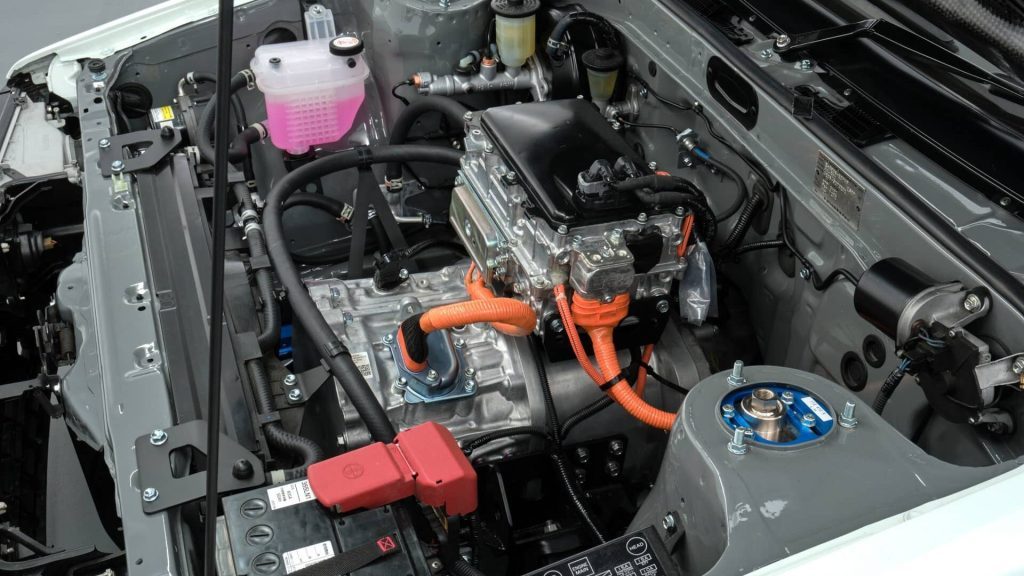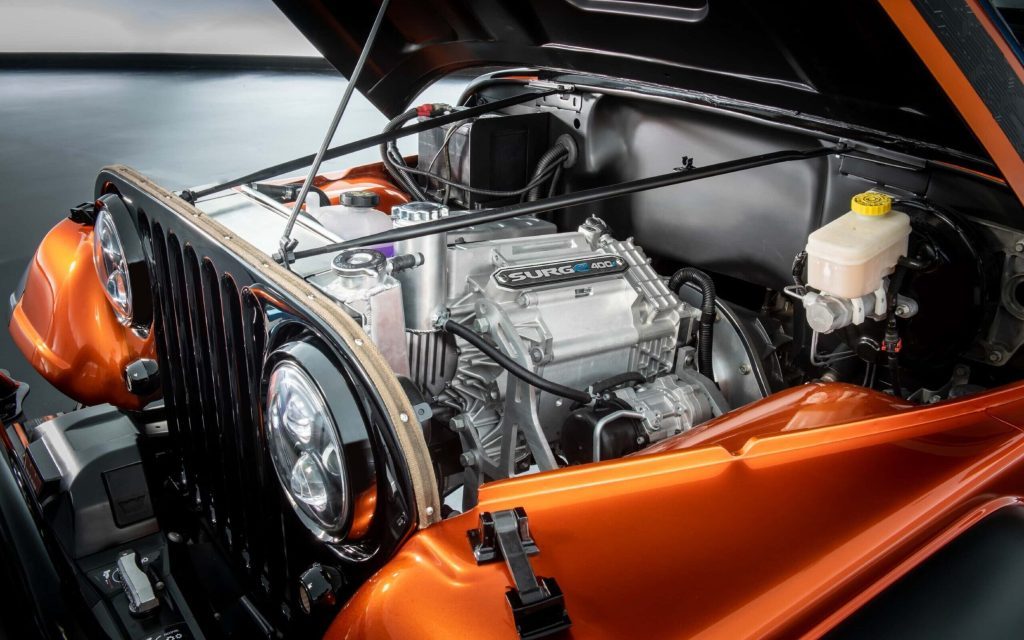California will pay residents to convert cars to EVs
Words: Harrison Wade
Motorists in the US state of California could soon be paid to convert their fossil fuel-powered cars to fully electric vehicles (EVs).
A new bill proposed by state senator Anthony Portantino is said to pay people in California up to $US2000 ($NZ3166) towards the process of replacing their petrol or diesel car’s engine with an electric motor and battery.
The Zero-Emission Aftermarket Conversion Project (ZACP) incentive was introduced to further support California’s climate goals of cutting carbon emissions 48 per cent below 1990 levels by 2030.
It also offers an alternative solution for consumers wanting to go electric but can’t afford a brand new EV.

Backing for the bill has come from the Specialty Equipment Market Association (SEMA) which alongside Portantino, wants the local government to allocate $US2 million ($NZ3.17 million) annually for.
“It is essential that we continue to look for new methods and ideas to meet our strong climate goals,” Portantino said.
“SB 301 (the bill) will make it much easier for many Californians who have the desire to go green but lack the financial capacity to do so.
“It will aid conversion by providing a financial rebate for Californians who choose to convert their gas-powered car into an electric vehicle but can’t afford to do so. Cutting-edge energy efficiency should not be reserved only for those wealthy enough to afford it.”

The only bump in the road with the proposal is the amount of electric conversion kits available and the overall cost needed to install them.
Many conversions are custom while some companies like Everrati, Ford, Jeep, and General Motors offer kits for select models which can still cost tens of thousands of dollars to fit.
Other means of converting vehicles to electric have come from ZF which introduced a more cost effective method with its eBeam axle.

The bill also requires that converted vehicles must be able to drive further than 161km in order to qualify for the rebate.
With many aging petrol and diesel vehicles currently on New Zealand roads, it begs the question whether or not we could we see a similar incentive be introduced here in the future.





